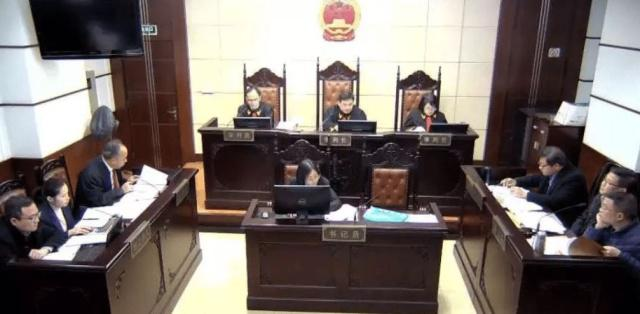
When China’s environmental laws changed in 2015, allowing nongovernmental organizations to sue polluters on behalf of citizens, Qiantang River Waterkeeper Hao Xin was ready.
Throughout the 1990s, Shanglin Tannery outside Haining City had illegally buried its sludge in nearby farmlands, polluting five acres. Crops planted there didn’t do as well as they did before. After hearing about the issues faced by village residents, Qiantang River Waterkeeper began conducting onsite investigations.
The change in the nation’s environmental laws, the first revision in 25 years, was meant to help the country crack down on polluters. For the first time, regulators could assess daily fines against polluters. The revised law also spelled out, for the first time, exactly what nongovernmental organizations would have to do to achieve standing to sue polluters.
Qiantang River Waterkeeper had to go through a process to establish that it is a nongovernmental organization, registered with the government above the municipal level, that had focused on the environment for five years.
Once that process was complete, Qiantang River Waterkeeper was, in 2015, named a joint prosecutor on the case. Working with the China Biodiversity and Green Development Foundation, with financial support from Friends of Nature, two of China’s most influential environmental nonprofits, it filed suit against the tannery’s owners in the Zhejiang Province Intermediate People’s Court of Jiaxing City.
The case was the first environmental public interest suit in Zhejiang Province, which hugs the coast of the East China Sea and is home to 54 million people.
After three years in court, the court ruled in September in Qiantang River Waterkeeper’s favor. The result: The tanneries’ parent companies were fined a total of almost 30 million Renminbi (about $4.3 million).
“Water and land here needed someone to speak for them; I’m honored that we had the chance, and I’m thrilled with the result,” Hao said.
Feature image of the Zhejiang Province courtroom.